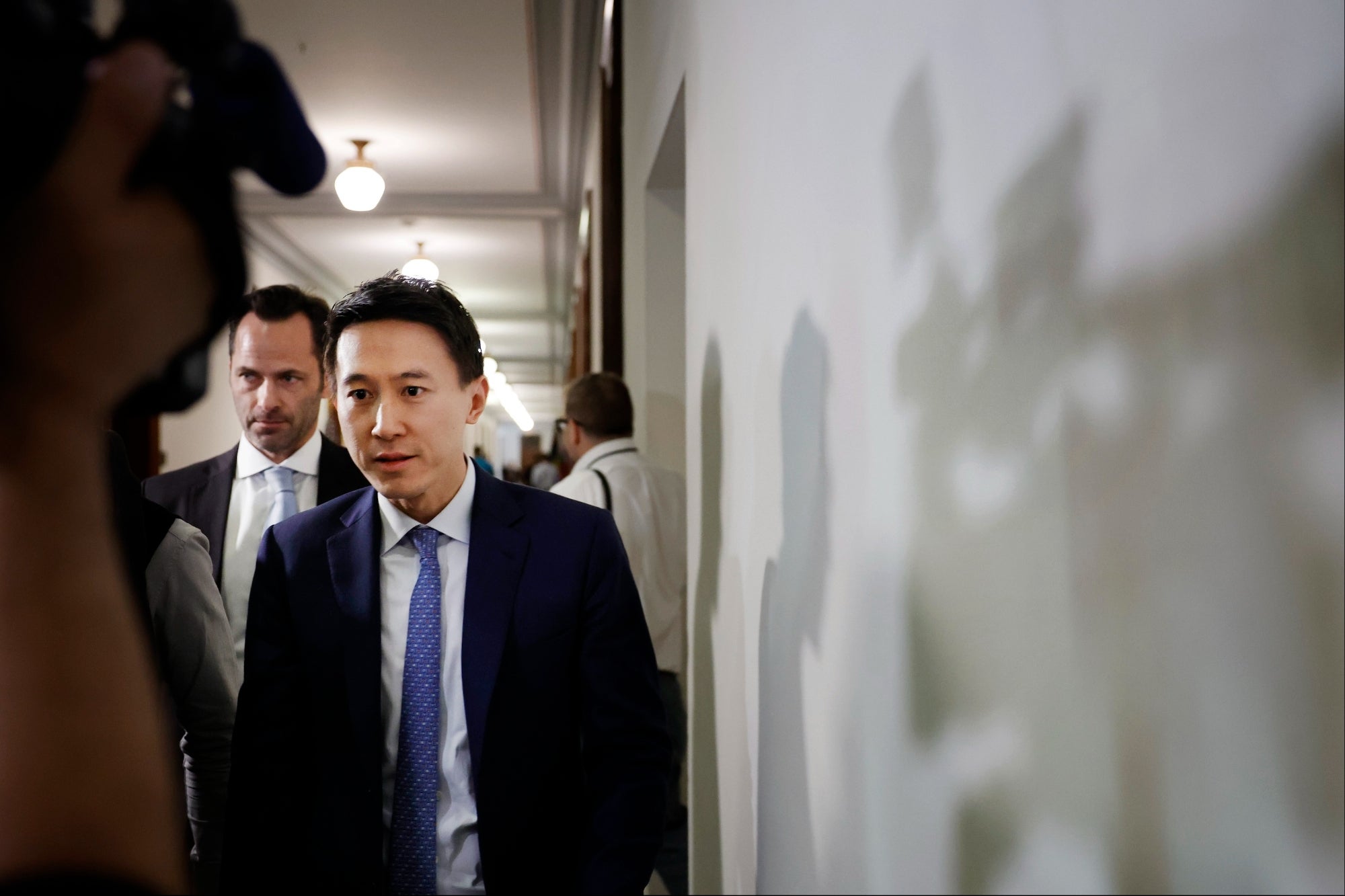3 Things That Make A Great Leader Are we expecting a super human out of a leader? Possibly yes, but the journey is worth giving a try!!!
By Bhushan Kulkarni •
Opinions expressed by Entrepreneur contributors are their own.
You're reading Entrepreneur India, an international franchise of Entrepreneur Media.
4 out of 5 days in a week on an average, I and my friend walk down to the bus station while going to work. The discussion ranges from office to routine issues to sometimes more philosophical matters in these 10 minutes journey. One of these days he raised a seemingly simple question but both of us got curious to figure out the answer to that question.
The question was: What differentiates a great leader?
Instantly a set of images rushed through my head. Images of people who I consider as great leaders. I am sure he must have passed through a similar experience.
We concluded that day's conversation with an action plan. The plan was to note down the qualities we think great leaders have and reconcile our notes after a week.
Here are 3 things we found common in great leaders.
1. Working on self:
Great leaders invest in remaining physically, mentally, intellectually and emotionally fit. They invest in enhancing and building new capabilities.
Physical fitness- Some go to Gym, get the best instructor and exercise with his guidance. Some pick up a sport of their liking, get the best coach, practice and improve. Some go for running. Have a buddy, keep themselves inspired with his help and build consistency. Usual time spent is anywhere between 45 minutes to 120 minutes. Minimum 4 days in a week.
Mental fitness- They understand the importance of remaining mentally agile. Some follow meditation as a route while others follow playing mentally stimulating games, Sudoku etc. Usual time spent is anywhere between 5 to 30 minutes.
Intellectual fitness- Each one of them has their method of keeping themselves intellectually fit and aware. Some are voracious readers so they fulfill their intellectual appetite through reading books, magazines, newspapers, news apps etc. Some prefer listening to remain intellectually fit. So they are more on listening news, podcasts, sessions in conferences etc. Usual time can vary from person to person.
Emotional fitness- They develop an ability to continuously recharge themselves. Almost all of them prefer spending time with family and friends to emotionally recharge, spend time with the allied activity of interest like painting, singing, watching movies, trekking, writing etc. This acts as a great booster dose for them.
New capabilities- They understand the importance of enhancing and acquiring new capabilities to efficiently deliver the results. They get the help either from their mentors or professionals like leadership coaches to identify the areas to be worked upon and then commit themselves to developing these areas.
2. Respecting People, Processes and Calendar:
People- Leaders know that they don't grow the business, they grow their people and people grow the business. Hence, they spend larger portion of their daily time with people. Meetings with customers', employees, regulators, other stakeholders and people from the industry is what they spend larger portion of their working time.
Processes :Leaders know that the institutions have to survive and thrive beyond individuals. The way this can happen is through robust processes. They spend considerable time in reviewing,ideating, challenging and enhancing the processes that help build efficiency.
Calendar-If Microsoft Outlook was a human being, it would get astonished to see how rigorous and regimentalized the calendar management process is for a leader. We often find great leaders starting and closing their meetings on time. Time is one element they use judiciously.
So does this mean they run the risk of becoming too mechanical and become the prisoners of the system and process they set for themselves? On the contrary they use recreation (we saw this in the first point) to remain emotionally alive.
3. Orchastration:
Imagine you have hundreds of musicians playing a piece of music but each one of them playing as per her wish without any musical notes or a music conductor. It will result into asynchronised music outcome and a bad experience for listeners.
Leader plays a very important role of holding it all together. He connects the dots and ensure that the journey is in the right direction.
To sum it up, the common traits we found in our respective list for a great leader are : (i) Working on Self; (ii) Working on surrounding and external environment and (iii) Orchastration.
Are we expecting a super human out of a leader? Possibly yes, but the journey is worth giving a try!!!












